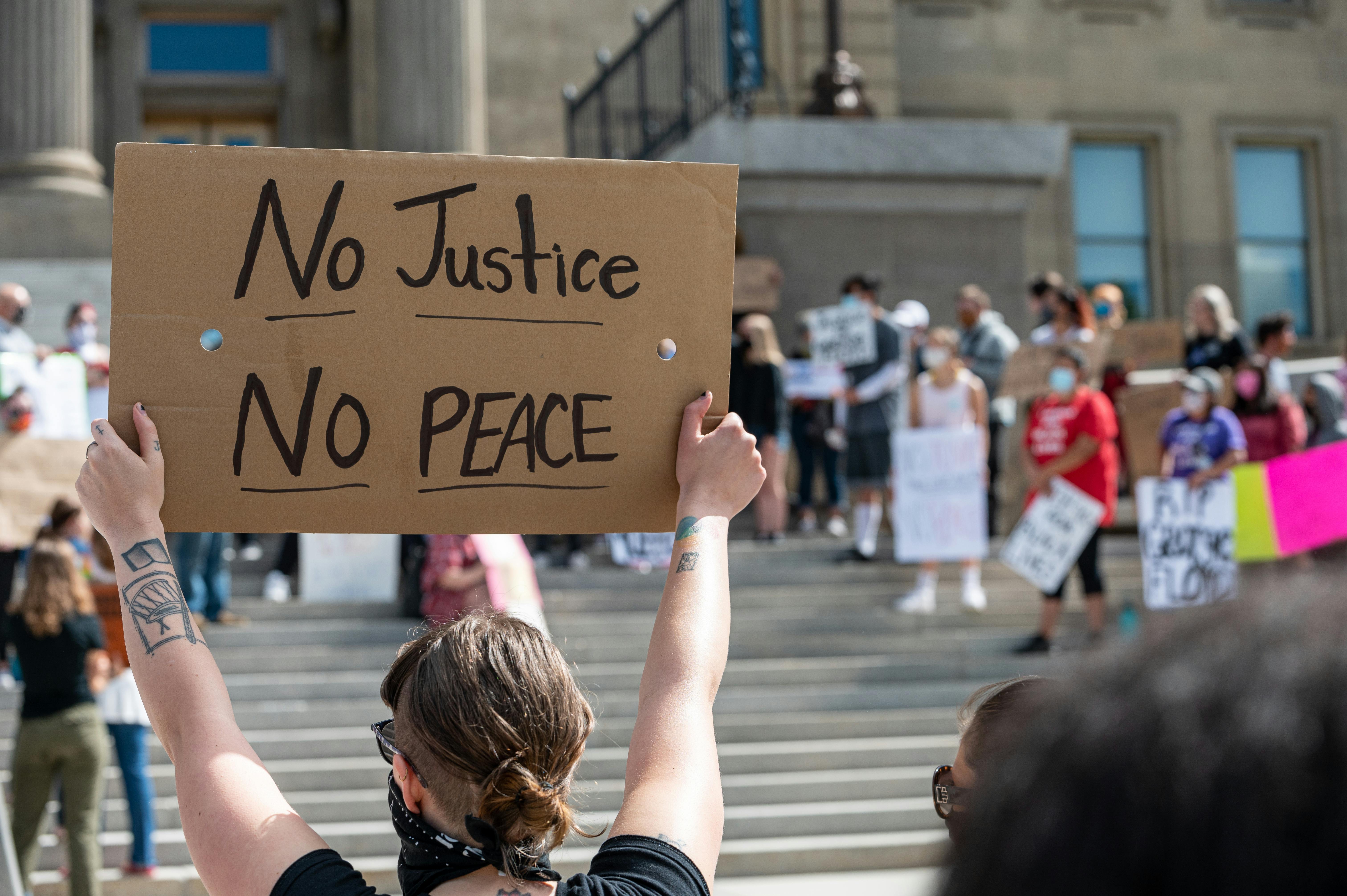I received an email saying that I could find out if I was on a terrorist watch list by filing a Freedom of Information Act (FOIA) request on me. I made that FOIA request and all federal agencies responded saying they could neither confirm nor deny it. However, the Foreign Intelligence Surveillance Act of 1978 offers ways to detect if you are on a terrorist watch list, also known as a no-contact list.
1) If there is a replay where you violate the laws, including traffic violations and the police rarely stop you. If you are on a terrorist watch list where electronic surveillance is used to investigate you, no law enforcement agency can arrest you with that information unless you have “prior authorization from the Attorney General.” 50 US Code Section 1806 (b).
2) You have communicated electronically to friends or family that you have a disease that could be contagious. The government does not consider word-of-mouth health information to be a privilege and may retain this information if the United States Attorney General can claim that your illness “indicates a threat of death or serious bodily harm to any person.” 50 Section 1801 (h) (4) of the US Code.
3) Your US mail is regularly delayed or intercepted, especially for financial matters, as the goal is to financially oppress a “suspected” terrorist.
4) Your medical personnel, such as dentists, veterinarians, or doctors, often neglect or malpractice to harm you or your loved ones. The healthcare industry is no longer neutral and they work with law enforcement to incarcerate these targets.
5) You suffer from a common problem with hacking in your internet communications. The intelligence community constantly tests its technical capabilities in electronic warfare against these targets.
6) If items are lost in your home and the doorknob comes loose when you open the lock, you could be the victim of warrants that the police will enter your home without your knowledge or consent.
7) Watch for any unusual symbolism from public or private people, as they are not supposed to communicate with you directly, which is why they use the symbolism.
8) If you make complaints of these violations of the law and the authorities do not show due diligence to investigate your complaints.
9) If you notice a replay where you linger in a place like a health center around children because authorities use electronic surveillance to claim that you are a danger to others, even though they are the people responsible for organizing it.
10) If you receive regular emails that could be considered a threat, as the police want to incapacitate these targets financially, mentally and physically.
GPO Staff, (1978), “Foreign Intelligence Surveillance Act of 1978” United States Library of Congress, Government Printing Office (GPO). Document Superintendent Certificate issued by Verisigb CA for Adobe CDS. Publicly available at http://www.GPO.gov/fdsys/granule/statute-92/statute-92-Pg1783/content-detail.html
